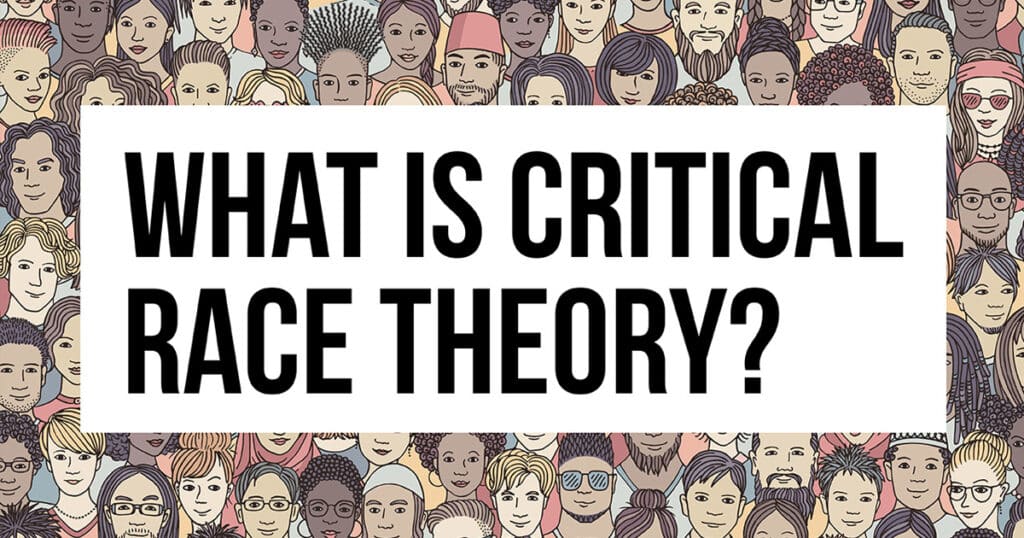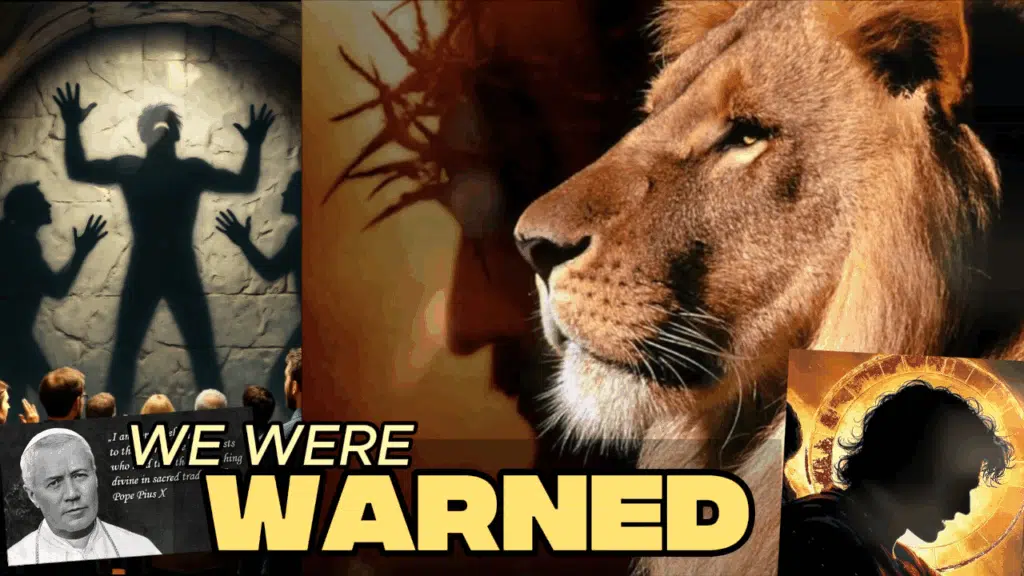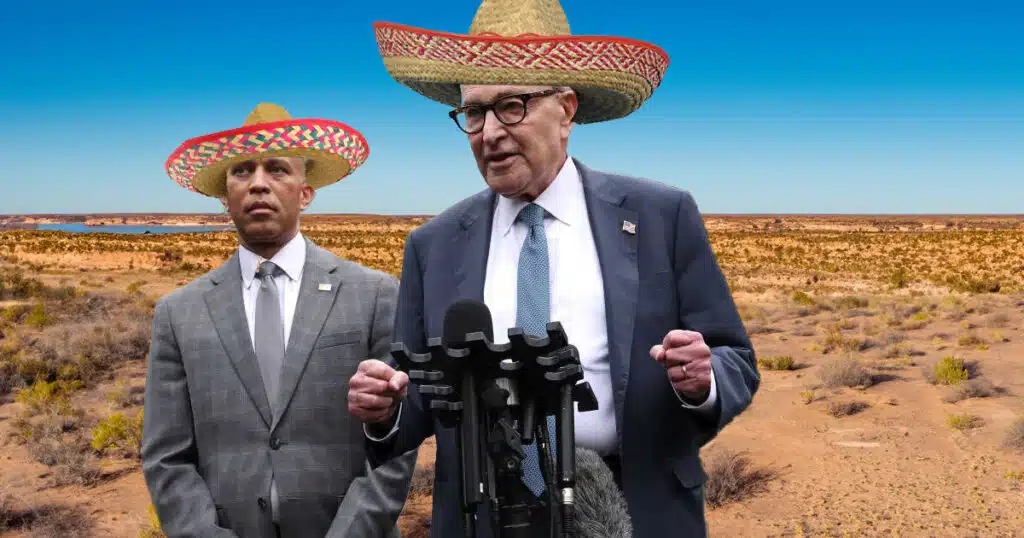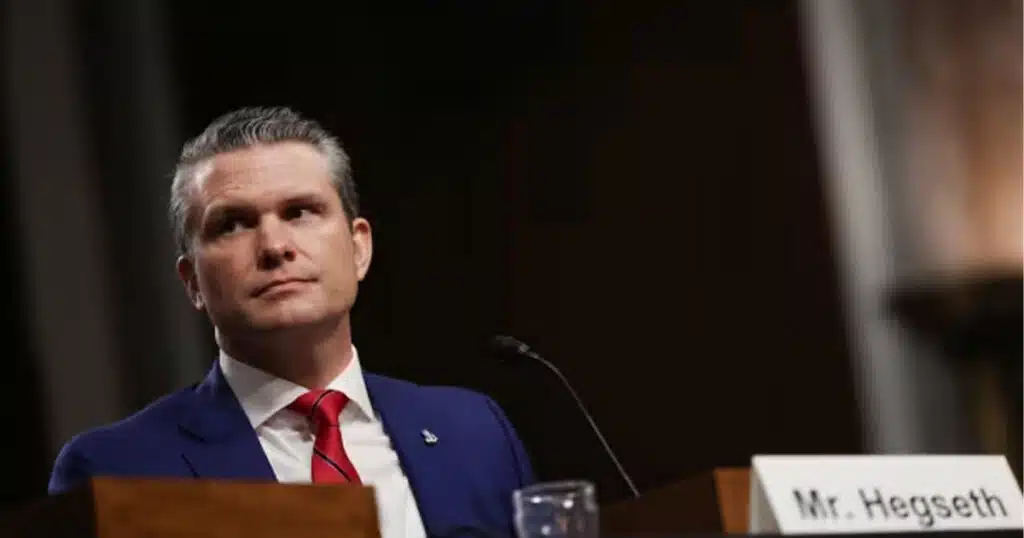
Christopher Rufo Examines CRT’s Roots and Reach
Following the May 25, 2020, killing of George Floyd and amid the first wave of the COVID-19 pandemic, controversy erupted over the teaching of critical race theory in the nation’s K-12 schools. The mainstream media adopted a contradictory approach. Journalists reported that American schools generally did not teach critical race theory; at the same time, the prestige press contended that opponents of CRT’s presence in the curriculum obstructed students’ encounter with the harsh realities of race in America. The journalists’ conflicting denial of its presence and endorsement of its radical ideas reflect CRT’s extensive influence. A perverse mixture of doctrines deriving from Karl Marx and Friedrich Nietzsche, CRT undergirds much of the hard-left agenda that has burrowed deep into America, not least the mainstream media.
Consider two 2021 articles that appeared less than two weeks apart.
On July 1 of that year, NBC News journalist Phil McCausland reported that according to a survey, “Teachers nationwide said K-12 schools are not requiring or pushing them to teach critical race theory, and most said they were opposed to adding the academic approach to their course instruction.”
McCausland lacked curiosity. He did not ask whether the ideas teachers were presenting could reasonably be understood as reflecting CRT’s central tenets. And he did not consider whether parents’ concerns about critical race theory stemmed from the shift to online instruction in response to the COVID-19 pandemic. With children learning onscreen at home, parents could look over their kids’ shoulders and see with their own eyes and hear with their own ears as teachers explained that America was systemically racist, that white people were of necessity oppressors and African Americans were of necessity oppressed, and that group identities and group rights superseded personal achievement and individual rights. Instead, NBC News implied that parents objected to CRT to suppress the cruel facts about race in America.
Several days earlier, Washington Post reporters Laura Meckler and Josh Dawsey published a 3,000-word article tracing much of the furor over critical race theory – “a decades-old academic framework that most people had never heard of” – to the belligerent activism of Christopher Rufo, “a young conservative from Seattle.” The reporters sought to refute Rufo’s claim that critical race theory “has become, in essence, the default ideology of the federal bureaucracy and is now being weaponized against the American people” by suggesting that Rufo used “questionable evidence” to gin up CRT as “the latest cultural wedge issue.”
Although posing as objective observers, Meckler’s and Dawsey’s biases distorted their analysis of the CRT controversy. “At its core, it pits progressives who believe White people should be pushed to confront systemic racism and White privilege in America against conservatives who see these initiatives as painting all White people as racist,” they wrote. “Progressives see racial disparities in education, policing and economics as a result of racism. Conservatives say analyzing these issues through a racial lens is, in and of itself, racist.” These apparently straightforward sentences are riddled with distortions.
First, the journalists assume the truth of “systemic racism.” Second, they imply falsely that the portrayal of all whites as racists springs from conservatives’ imagination about systemic racism although it is intrinsic to the doctrine. Third, they soften the systemic racism thesis, whose proponents generally hold not only that all disparities in education, policing, and economics arise from racism but also that to even question that claim is itself proof of racism. Finally, the journalists mischaracterize the conservative critique: Conservatives are not opposed to examining racism as a factor in explaining racial disparities; they object to treating racism as the sole explanation. Instead of reporting the news about critical race theory, journalists Meckler and Dawsey tailored a narrative to fend off criticism of it.
Rufo responded swiftly and sharply, first on social media and then in The New York Post. He claimed that his criticism forced the Washington Post to acknowledge errors in its timeline of events, highlighted the journalists’ use of hair-splitting distinctions, and compelled the newspaper to engage in a substantial online rewrite of the story, retracting or adding six paragraphs. In Rufo’s judgment, “The episode also shed light on the bizarre determination of the prestige press to play down just how radical and fundamentally un-American CRT is.”
Rufo’s spirited new book vindicates – not without a dose of polemical overstatement – his contention that CRT is rooted in the repudiation of basic principles of American constitutional government, starting with individual freedom, equality under law, and toleration of dissent. In “America’s Cultural Revolution: How the Radical Left Conquered Everything,” the Manhattan Institute senior fellow and trustee of Florida’s New College investigates the genesis of the extreme views about reason, race, and justice that are routinely preached these days not only in K-12 schools and universities but also in government bureaucracies, corporate human resource departments, and leading newsrooms and opinion pages.
It is misleading for Rufo to characterize this ideology as “the new nihilism,” since CRT does not hold that nothing is true and that everything is permitted. To the contrary – as Rufo himself argues, both through exploration of leading personalities and examination of central arguments – the ideology that inspires the leading edge of the American left aims at a revolutionary remaking of the nation’s political ideas and institutions to achieve liberation from all forms of domination. This incoherent, anti-democratic, and illiberal political program is more accurately called postmodern progressivism. It combines a Marxian belief that the world’s oppressed are morally superior to, and must overthrow, their oppressors with the Nietzschean conviction that a higher morality entitles the oppressed – or the intellectuals agitating on their behalf – to fabricate narratives to advance their purposes. That’s not nihilism, but it is inimical to individual rights, limited government, and reasoned discourse among free and equal citizens.
Rufo identifies four “prophets” of American’s cultural revolution. The German émigré professor Herbert Marcuse specialized in the original critical theory, which revised Marxism in light of the proletariat’s failure to revolt against capitalism. In “Repressive Tolerance,” a short polemic originally published in 1965, Marcuse set the stage for today’s woke censorship, maintaining that true tolerance, which aims at the construction of an authentically liberating political order, mandates the suppression of conservative voices and ideas because they rationalize a despotic status quo. Drawing on Marxism and feminism, Marcuse’s graduate student, Angela Davis, acquired international fame for championing armed revolt against what she insisted was a pervasively racist America that could only understand the language of brute force.
In 1970, with the English language translation of “Pedagogy of the Oppressed,” the Brazilian Marxist Paulo Freire provided America’s schools of education with the intellectual framework for “critical pedagogy,” which holds that education’s overriding goal is to raise students’ consciousness and prepare them to overcome the evils of capitalism by instituting a genuinely just social and economic order.
Finally, at Harvard Law School – where, in 1971, he became the school’s first tenured African American professor – Derrick Bell introduced a generation of students to the notion that legal reasoning itself was inherently racist and must be replaced with stories that conveyed the relentlessly horrifying experience of being black in America.
Critical race theory blends these components of 19th-century German philosophy, 1960s revolutionary activism, radical education theory, and the subordination of empirical data, historical inquiry, and reasoned analysis to stories and “lived experience.” The CRT project receives polite expression in the seemingly anodyne triumvirate of diversity, equity, and inclusion, which presupposes that alongside race, discrimination based on sex and gender runs rampant in America.
The basic elements of CRT increasingly define the new progressive orthodoxy. Education is not about acquiring knowledge, or about studying great books, major ideas, and seminal events, or about learning to think for oneself. Rather, schools and colleges must focus on liberating students from oppression by conscripting them to transform culture, society, and politics.
Systemic racism – slavery was only its most visible manifestation – is the fundamental form of oppression in America. Mere racism refers to discriminatory law or bigotry; it can be dealt with through reform. But systemic racism involves white people’s comprehensive oppression – built into society’s fundamental beliefs, practices, and institutions – of black people (and, to a lesser extent, other people of color) and requires new principles and institutions.
All white people are guilty of implicit racial bias and perpetuate systemic racism, which is particularly embedded in the pursuit of impartial judgment, the quest for excellence, the rule of law, capitalism, and the traditional family. Not only schools but also businesses and government bureaucracy must compel white people to accept guilt, acknowledge complicity in the toxic racism that permeates America, and accept responsibility for radically reorganizing society to compensate African Americans for the continuing harms inflicted by systemic racism.
Not the least evidence of critical race theory’s far-reaching impact – and its threat to the rights shared equally by all – is the mainstream media’s determination to conceal CRT’s influence even while espousing its doctrines.
This article was originally published by RealClearPolitics and made available via RealClearWire.



